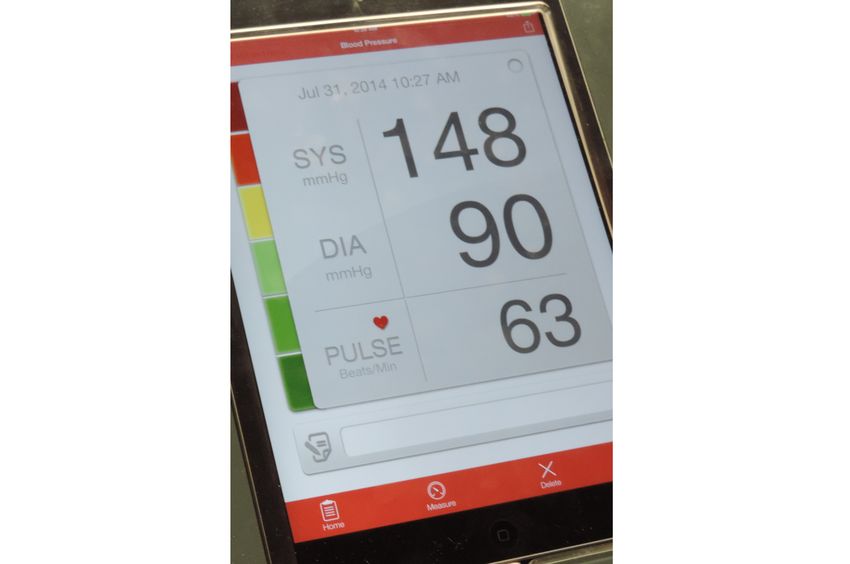(CNN) – Results from a landmark clinical trial this summer suggested, for the first time, that a medication given for weight loss alone could reduce the risk of heart attack, stroke or heart-related death in people with cardiovascular disease, bolstering physicians’ excitement about an already-exploding class of new medicines. Novo Nordisk’s Wegovy, part of the […]
Category Archives: Cardiovascular
Data presented at a meeting of the American Heart Association on Saturday indicates cardiovascular protective benefits from taking the weight loss therapeutic Wegovy for a sub-population with preexisting cardiovascular disease. But the absolute risk reduction is quite small. Payers will take notice of this in addition to the timing aspect with respect to when the […]
Want to stay on top of the science and politics driving biotech today? Sign up to get our biotech newsletter in your inbox. Lots of news on the cardiovascular front this morning: We discuss Novo Nordisk’s plans in heart disease, and Verve’s gene editing therapy for familial hypercholesterolemia. We also learn about a new initiative to try […]
Share this article Wegovy cuts cardiovascular risk in those with existing conditions by 20%. Photo: Michael Siluk/UCG/Universal Images Group via Getty Images. Novo Nordisk’s blockbuster weight-loss drug Wegovy may reduce the risk of heart attack before the weight loss effects take place, the company revealed on Saturday (11 November). In a study of 17,604 patients […]
University of Leicester Researchers at the University of Leicester have discovered the mechanism by which cholesterol in our diet is absorbed into our cells. This discovery, which has just been published in the journal Science opens up new opportunities for therapeutic intervention to control cholesterol uptake that could complement other therapies and potentially save lives. […]
KENNESAW, Ga. | Nov 13, 2023 A decade-long effort to study protein and enzyme binding could be the key to understanding and preventing cardiovascular disease and cancer. Equipped with a three-year, $405,650 grant from the National Institutes of Health, Kennesaw State University professor Carol Chrestensen will further investigate the binding process with the help of […]
Formal education typically occurs in early life, and yet its ramification for cardiovascular health may last for decades, according to a study by University of Pittsburgh School of Medicine and Northwestern University Feinberg School of Medicine researchers and published in JAMA Cardiology. To quantify the extent to which education shapes lifetime risk for cardiovascular disease […]
PHILADELPHIA— The odds of prescribing the appropriate dose of statins—a medicine used to lower “bad” cholesterol levels—increased sixfold when automated referrals were made to pharmacy services, instead of relying on traditional prescribing methods, according to researchers at the Perelman School of Medicine at the University of Pennsylvania. More than 90 million people in the U.S. […]
New study finds cardiovascular benefit of semaglutide ABC News’ Dr. Jennifer Ashton explains a new study in the New England Journal of Medicine that shows a reduction in heart attacks, strokes and death in overweight or obese participants who took semaglutide. November 13, 2023
Research Highlights: In a 3-year trial, intensive treatment with antihypertensive medication to reduce systolic blood pressure, the top number, to less than 120 mm Hg reduced cardiovascular disease events among people at high-risk for cardiovascular disease by 12% compared to standard treatment with a target of less than 140 mm Hg. The effects were consistent […]







